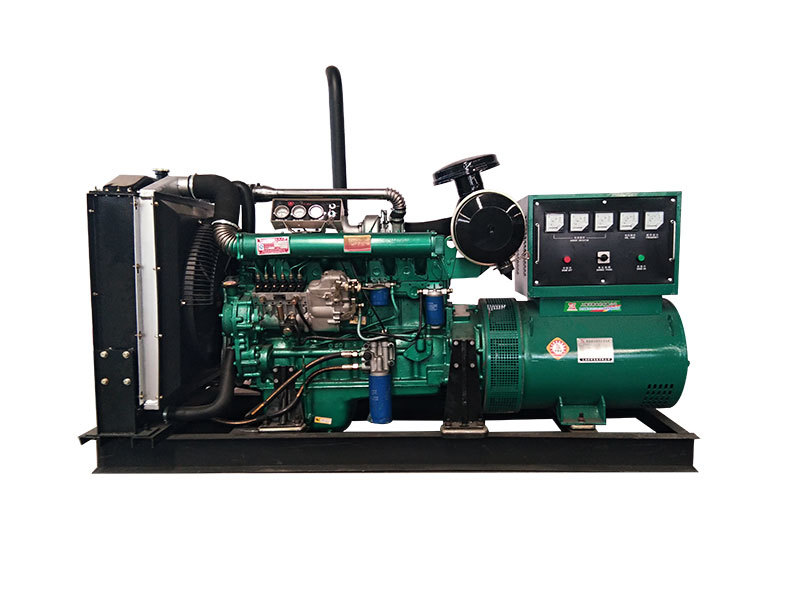Introduction
When it comes to power generation, diesel generators have been a popular choice for many years. They are used in various applications, from providing backup power for homes and businesses to powering remote construction sites and industrial operations. However, like any technology, diesel generators have both advantages and disadvantages.
Advantages of Diesel Generators
So, what makes diesel generators such a popular choice for power generation? Here are some of their most significant advantages:
Efficiency and Reliability
Diesel engines are known for their efficiency and reliability. They can run for long periods without needing maintenance or repairs, making them ideal for use in remote locations or emergency situations. Additionally, diesel fuel has a longer shelf life than gasoline, making it a more practical choice for backup power.
Cost-Effectiveness
Diesel generators are also more cost-effective than other types of generators. Diesel fuel is cheaper than gasoline and produces more energy per gallon, resulting in lower operating costs. Additionally, diesel generators have a longer lifespan than gasoline generators, reducing the need for replacement over time.
Versatility
Diesel generators come in various sizes and power outputs, making them suitable for a wide range of applications. From small portable generators to large industrial units, there is a diesel generator to meet every need.
Disadvantages of Diesel Generators
While diesel generators have many advantages, there are also some drawbacks to consider. Here are some of the most significant disadvantages:
Environmental Impact
Diesel generators emit harmful pollutants, including carbon monoxide, nitrogen oxides, and particulate matter. These emissions contribute to air pollution and can have negative health effects for people living or working near the generator. Additionally, diesel fuel is a non-renewable resource, which means it will eventually run out.
Noise and Vibration
Diesel engines are louder and produce more vibration than other types of engines. This can be a significant disadvantage in residential or commercial settings where noise pollution is a concern. Additionally, the vibration can cause damage to nearby structures or equipment over time.
Maintenance and Repair
While diesel engines are known for their reliability, they do require regular maintenance and repairs to keep them running at optimal performance. This can include oil changes, filter replacements, and other routine maintenance tasks. Additionally, if a diesel generator breaks down, it can be expensive to repair or replace.
Choosing the Right Diesel Generator
When choosing a diesel generator, it's essential to consider your specific needs and the advantages and disadvantages of different models. Here are some factors to consider:
Power Output
Choose a generator with enough power output to meet your needs. This will depend on the size of your home or business and the number of appliances or equipment you need to power.
Fuel Capacity
Consider the fuel capacity of the generator, as this will determine how long it can run before needing to be refueled. A larger fuel tank can be beneficial in emergency situations where access to fuel may be limited.
Noise Level
If noise pollution is a concern, look for a generator with a low noise level. Some models come with noise-reducing features such as soundproof enclosures or mufflers.
Maintenance Requirements
Consider the maintenance requirements of the generator, including oil changes, filter replacements, and other routine tasks. Look for a generator that is easy to maintain and has readily available parts.
Cost
Finally, consider the cost of the generator, including the initial purchase price, fuel costs, and maintenance costs. While diesel generators are generally more cost-effective than other types of generators, it's essential to compare prices and features to find the best value for your needs.





